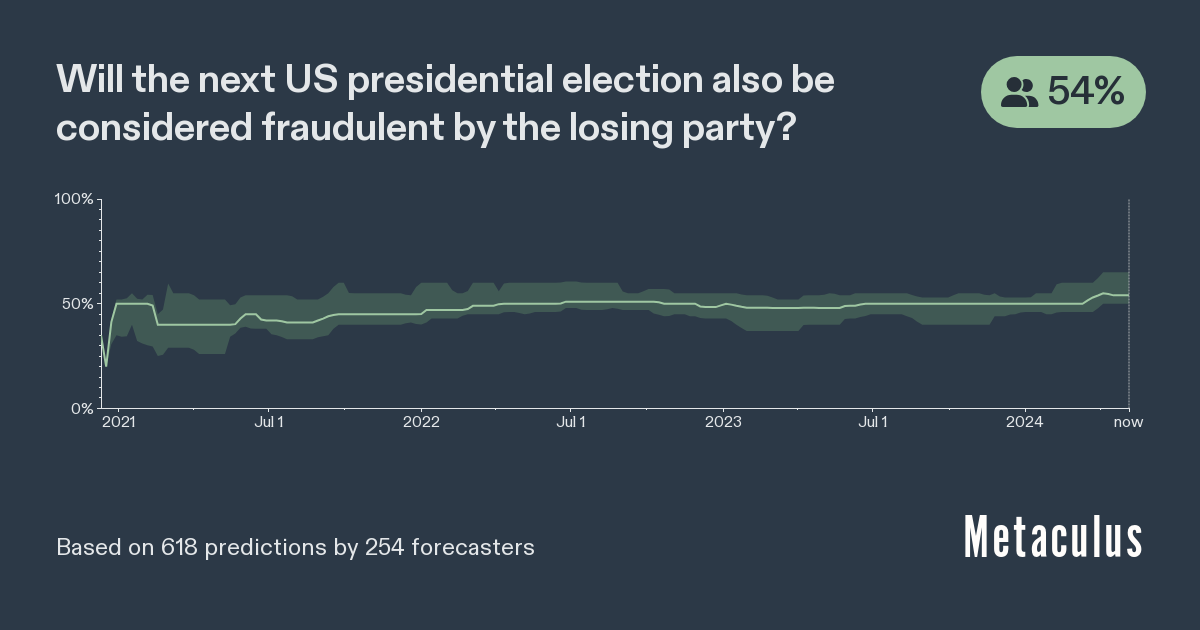Disinformation & Misinformation

The Facts
ORIGINS AND HUMAN PSYCHOLOGY: From the moment complex language evolved, humans have had a complex relationship between thought, language, and the art of deception. "Disinformation" is the intentional spread of false content, while "misinformation" lacks deceptive intent. Psychologists found in 1977 that repeated claims are more likely to be believed irrespective of their truth, while recent studies also suggest cognitive biases such as absentmindedness and motivated reasoning play a role. Despite this, surveys reveal people overestimate their ability to discern truth from falsehood.
HISTORICAL EVOLUTION: Disinformation and misinformation have been present throughout human history, including being noted in ancient Roman times, and evolving after the 15th century with the invention of the printing press. The spread of false content is particularly prevalent during times of conflict. Disinformation and propaganda were central to both world wars, while during the Cold War, both the US and Soviet Union used sophisticated disinformation campaigns to advance their national interests.
The Spin
Narrative A
With more people than ever interconnected online, the spread of misinformation poses a significant threat to public discourse and democratic processes. While it's pivotal to promote digital media literacy to help combat this, platforms must also take greater responsibility for the content they host, implementing proactive moderation measures to identify and limit the reach of misinformation in order to strengthen global information integrity.
Narrative B
The term "disinformation" is nothing more than an attempt to suppress freedom of speech. In Orwellian fashion, the censorship of alternative information sources under the guise of countering "foreign malign influence" is but a veiled war against civil liberties. Unmoderated social media conversation should not be shunned but instead celebrated for allowing individual autonomy outside the reach of increasingly interventionist governments.



















